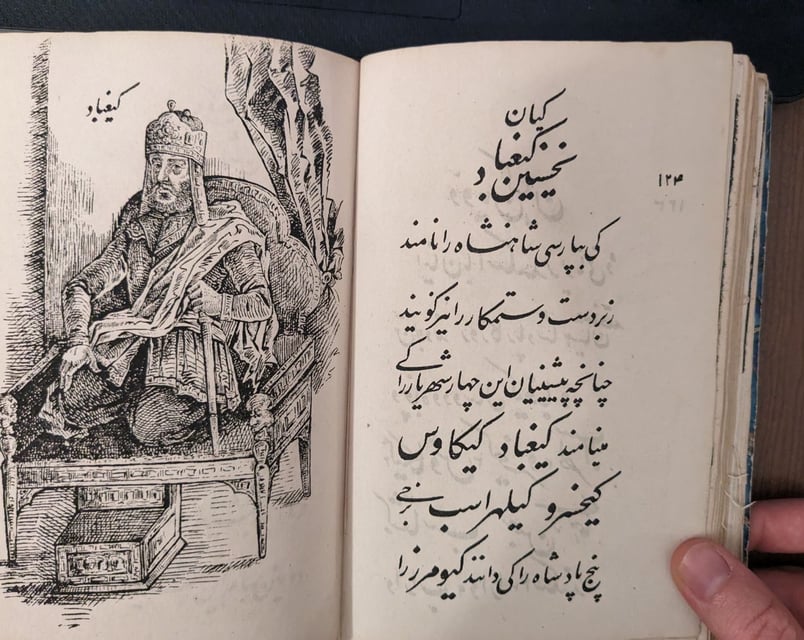Reclaiming Iran's pre-Islamic glory: how one Qajar prince rewrote Iran's history
Prince Jalal od-Din Mirza, the 55th son of Fath-Ali Shah Qajar, was a pioneering Iranian historian whose groundbreaking work, Nâme-ye Khosrovân, promoted a distinct Persian identity and had a lasting impact on modern Iranian historiography.
Thomas Tronet
7/9/20241 min lire


Born in 1827 in Tehran, Prince Jalal od-Din Mirza was the 55th son (!) of Fath-Ali Shah Qajar. Despite his low rank in the royal hierarchy, Jalal od-Din Mirza distinguished himself through his intellectual curiosity, receiving a well-rounded education in classical Persian literature and French.
What set Jalal od-Din Mirza apart was his pioneering and original approach to Iranian historiography. In the late 1860s, he embarked on writing Nâme-ye Khosrovân, which covered the history of Iran from ancient times up to the Zand dynasty in the late 18th century.
Nâme-ye Khosrovân was groundbreaking in several ways:
- It was written in 'pure Persian' expunged of Arabic and Turkish loanwords, promoting a distinct Persian identity devoid of foreign influences. This was the first work of its kind.
- The book idealised Iran's pre-Islamic past while blaming the Arab conquest and Turco-Mongol invasions for the country's decline, a view influenced by 19th century European Orientalist scholarship.
Though critical of the Qajar establishment, Jalal od-Din Mirza innovatively connected the pre-Islamic period to the Islamic era, observing continuity in Iran's political and cultural narrative.
Nâme-ye Khosrovân served as a prototype for modern Persian history textbooks. In fact, it was used for Persian language examinations in hashtag#India in the early 20th century.
Sadly, Jalal od-Din Mirza died young in 1872 at age 46, after losing his eyesight and contracting syphilis. Though largely forgotten in Iran after his death, his magnum opus, Nâme-ye Khosrovân had a lasting impact. Its innovative approach to Iranian historiography, promoting a distinct national identity, makes Jalal od-Din Mirza a true visionary and pioneer whose influence can be seen in later Iranian nationalist and modernist movements.
© 2025 Centre d'études géopolitiques sur le Moyen-Orient (CEGESMO). Tous droits réservés.
Informations Générales
Adresse: 80 rue de la Ziegelau 67100 Strasbourg, France
Email: contact@cegesmo.org
